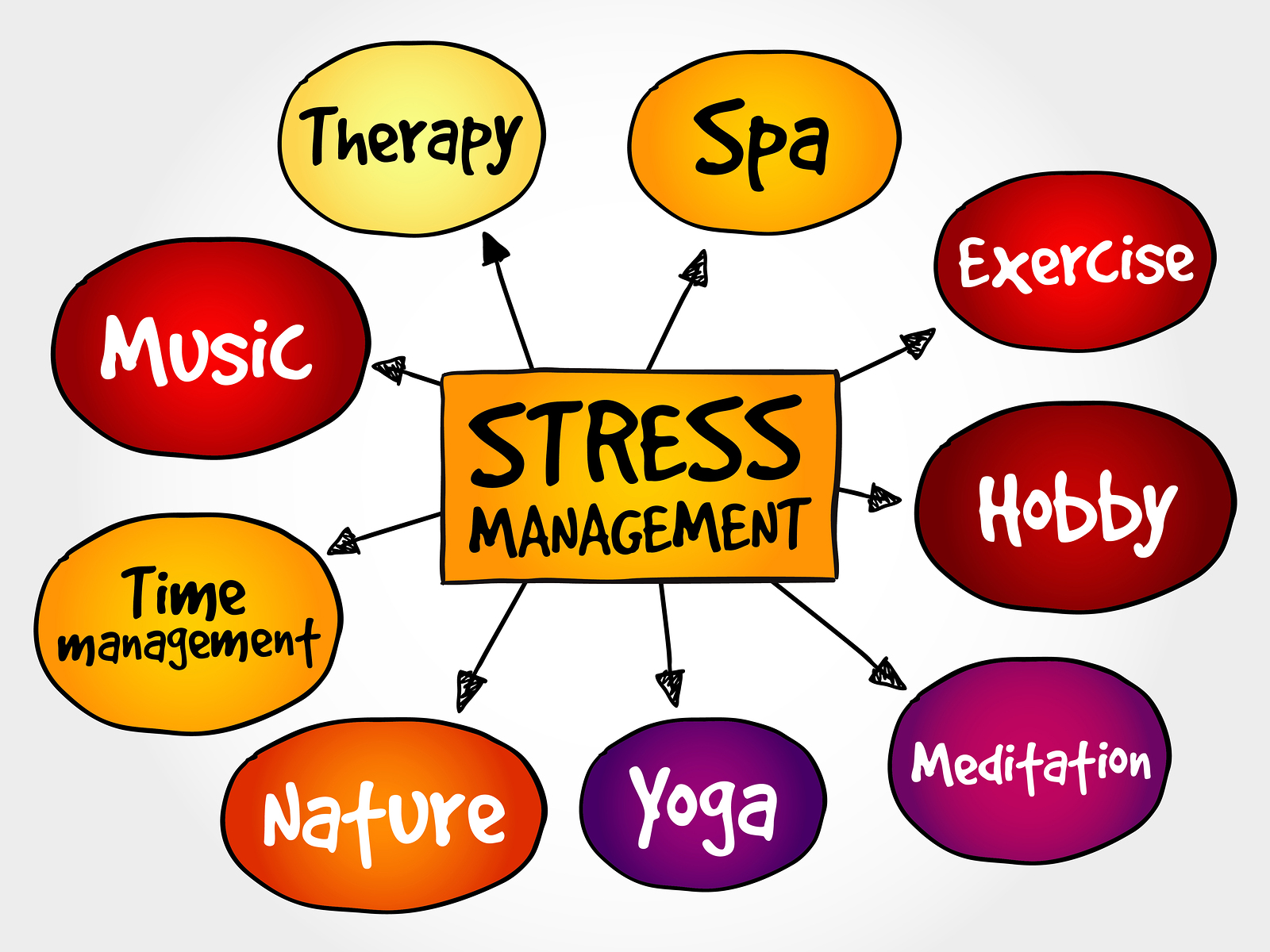Stress is an unavoidable part of life, and learning to manage it is crucial to maintain good mental and physical health. When left unchecked, stress can affect one’s daily life, relationships, and job performance. Here are some tips for effectively managing stress:
1. Identify the Source of Stress:
The first step in effective stress management is identifying the root cause of stress. Once you determine the source, it’s easier to develop an action plan that addresses the problem. Common sources of stress include work, finances, relationships, health, and major life changes.
2. Relaxation Techniques:
Relaxation techniques can be very helpful. Techniques such as deep breathing, meditation, and progressive muscle relaxation can help to calm your mind and body. These techniques slow down the breathing rate and lower the heart rate, thereby inducing relaxation and easing the symptoms of stress. Make these techniques a daily habit to help ease stress in the long term.
3. Exercise:
Regular exercise is a fantastic way to reduce stress levels. It is proven that routine physical activity can help in managing stress hormone levels and decreasing anxiety. It also releases endorphins, which are mood-lifting chemicals that reduce stress and improve happiness.
4. Balanced Diet:
Dietary habits play a significant role in managing stress. Foods that are high in fat, sugar, or caffeine can elevate tension and anxiety levels, while foods high in vitamins and minerals help reduce stress symptoms. A well-balanced diet that includes whole grains, fresh fruits, and vegetables, lean protein, and healthy fats can help maintain energy levels and reduce stress.
5. Time Management:
Effective time management is an essential factor in managing stress. Proper time management helps individuals to organize their daily activities, reducing the chance of experiencing anxiety caused by imposing deadlines or over-commitment. Tackle priorities first, delegate tasks when necessary, and take short breaks to recharge.
6. Social Support:
Connection with others is crucial in combating stress. Talking to a trusted friend or loved one can ease emotional tension, and the sense of being heard and supported can be invaluable in reducing the adverse effects of stress. Joining a sports club or hobby group is a great way to meet new people with similar interests and improve social interactions.
Conclusion:
Stress is a physiological response to challenging situations. Effective stress management requires the identification of the root cause of stress, followed by the implementation of relaxation techniques, a balanced diet, routine exercise, time management strategies, and social support. Practicing these techniques consistently helps to alleviate immediate symptoms of stress, and may also promote long-term stress reduction.


